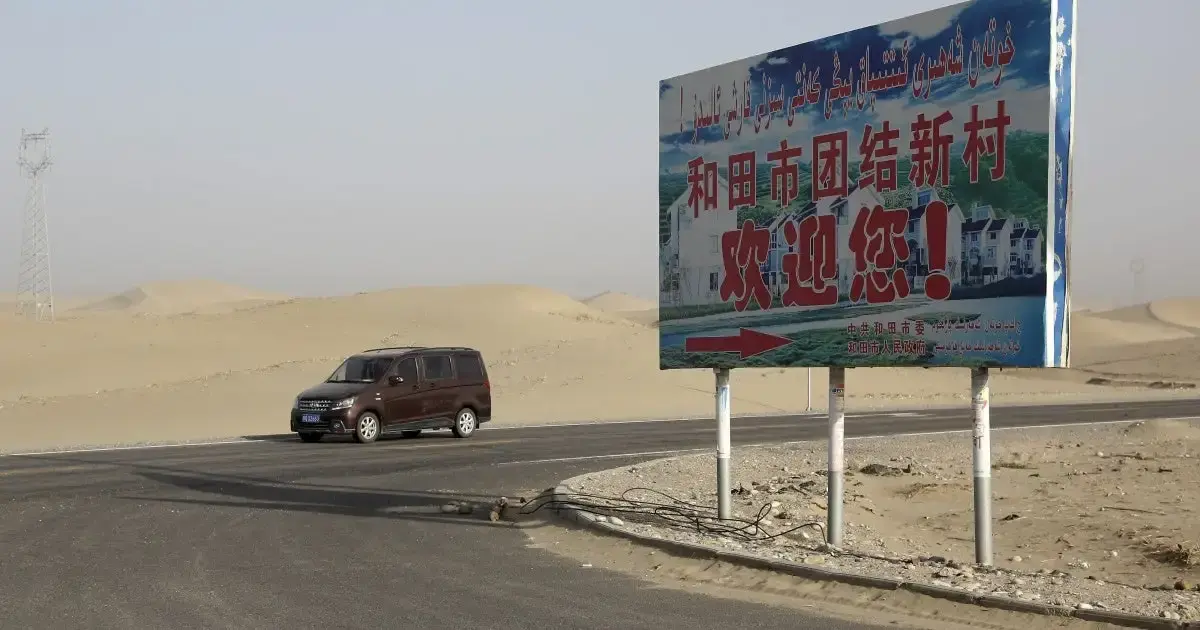- cross-posted to:
- china@sopuli.xyz
- globalnews@lemmy.zip
Chinese authorities in Xinjiang have been systematically changing hundreds of village names with religious, historical, or cultural meaning for Uyghurs into names reflecting recent Chinese Communist Party ideology, Human Rights Watch said.
"The Chinese authorities have been changing hundreds of village names in Xinjiang from those rich in meaning for Uyghurs to those that reflect government propaganda,” said Maya Wang, acting China director at Human Rights Watch. “These name changes appear part of Chinese government efforts to erase the cultural and religious expressions of Uyghurs.”
In joint research, Human Rights Watch and Norway-based organization Uyghur Hjelp (“Uyghur help”) scraped names of villages in Xinjiang from the website of the National Bureau of Statistics of China between 2009 and 2023.
The names of about 3,600 of the 25,000 villages in Xinjiang were changed during this period. About four-fifths of these changes appear mundane, such as number changes, or corrections to names previously written incorrectly. But the 630, about a fifth, involve changes of a religious, cultural, or historical nature.
The changes fall into three broad categories. Any mentions of religion, including Islamic terms, such as Hoja (霍加), a title for a Sufi religious teacher, and haniqa (哈尼喀), a type of Sufi religious building, have been removed, along with mentions of shamanism, such as baxshi (巴合希), a shaman.
Any mentions of Uyghur history, including the names of its kingdoms, republics, and local leaders prior to the founding of the People’s Republic of China in 1949, and words such as orda (欧尔达), which means “palace,” sultan (苏里坦), and beg (博克), which are political or honorific titles, have also been changed. The authorities also removed terms in village names that denote Uyghur cultural practices, such as mazar (麻扎), shrine, and dutar (都塔尔), a two-stringed lute at the heart of Uyghur musical culture.



Ugh so grim. This genocide just keeps on rolling and it feels like no one can do anything about it
This particular platform (Lemmy) probably isn’t the place to get the movement going either. Some of the biggest instances are chock full of folks thinking this particular genocide isn’t real
It’s kinda fucked up that each major political camp denies some genocide. Like we could replace who you vote for with which genocide was a shamocide?
This is why I tend to avoid Lemmy and use kbin/mbin. Beehaw is technically Lemmy but is an instance that I could see forking the code if the Tankies try anything.
The Beehaw maintainers already said they plan to move to something else, as when they complained about unimplemented moderation features the devs acted like douchebags and outright told them to leave the platform if they didn’t like it, when they move on from Lemmy i will follow them to whatever they move to, hopefully still on Fedi